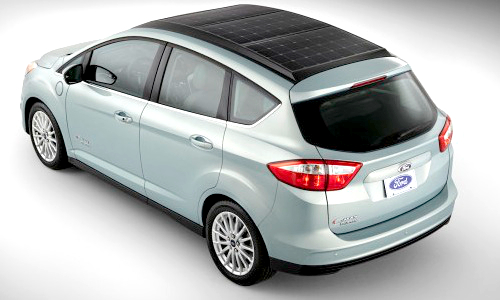7 Things that all car owners should know

Drivers education classes teach you safety procedures and driving techniques. After all, these are the really important things to know about operating an automobile. It’s only after Driver’s Ed classes that many people learn the other lower level stuff, the things concerning car maintenance and car ownership. If you’re new to car ownership, or you just would like a refresher course, here are 8 things to know concerning your vehicle. If you know these eight different tips, you’ll be able to keep your car in great shape for years.
1) Learn how to check your tire pressure. This is important because when you drive on tires with low pressure, you get poor gas mileage and you wear the tires out quicker. The majority of gas stations have a free air station where you can add air to your tires.
2) Know when you should get your tires rotated. This can really help prevent you from easily getting your tires damaged. While the rule to go by used to be every 3,000 miles, that’s no longer true for every car. Read your manual to know when your car’s oil change is due but you will probably find it is some 5,000 to 8,000 miles now.
3) Know when to get an oil change. Usually it is a good idea to get this done when you are at the dealership already for your tire rotation.
4) Know what it means when the “Check Engine” light comes on. Check Engine Lights (CELs) illuminate if your vehicle’s central computer senses that something isn’t right. In nearly every case, it’s not a serious situation – you may drive home. But, if your CEL lights up, visit a dealer or your local garage within the next couple of days to make sure it’s nothing serious. They can read the car’s computer codes and tell the mechanic what is going on.
5) Learn how to replace the windshield wiper blades. This is just a simple way to save you money. Windshield wiper blades only last 6-12 months and they’re easy to switch out and in. If you want some guidance, there are many YouTube videos that’ll show you how it’s done.
6) Learn how to check all the fluids in your vehicle. It’s a great idea to know how to check and top of all your car’s fluids. This includes power steering fluid, oil, brake fluid, antifreeze, and windshield wiper fluid. The owner’s manual will show you where all the items are.
7) Seek out a great mechanic. Don’t just go with the cheapest or the repair place closest to you. Ask your colleagues or friends for suggestions or play it safe and bring your car to your local brand dealer. Today’s cars are complex and you really need a good mechanic who works in your interest.
8) Do not forget to put a roadside emergency kit in the vehicle. It’s always smart to have a roadside emergency kit with a flashlight, some flares, a set of jumper cables and first aid supplies just in case you need them.
Article Courtesy of: Pollard Jeep






